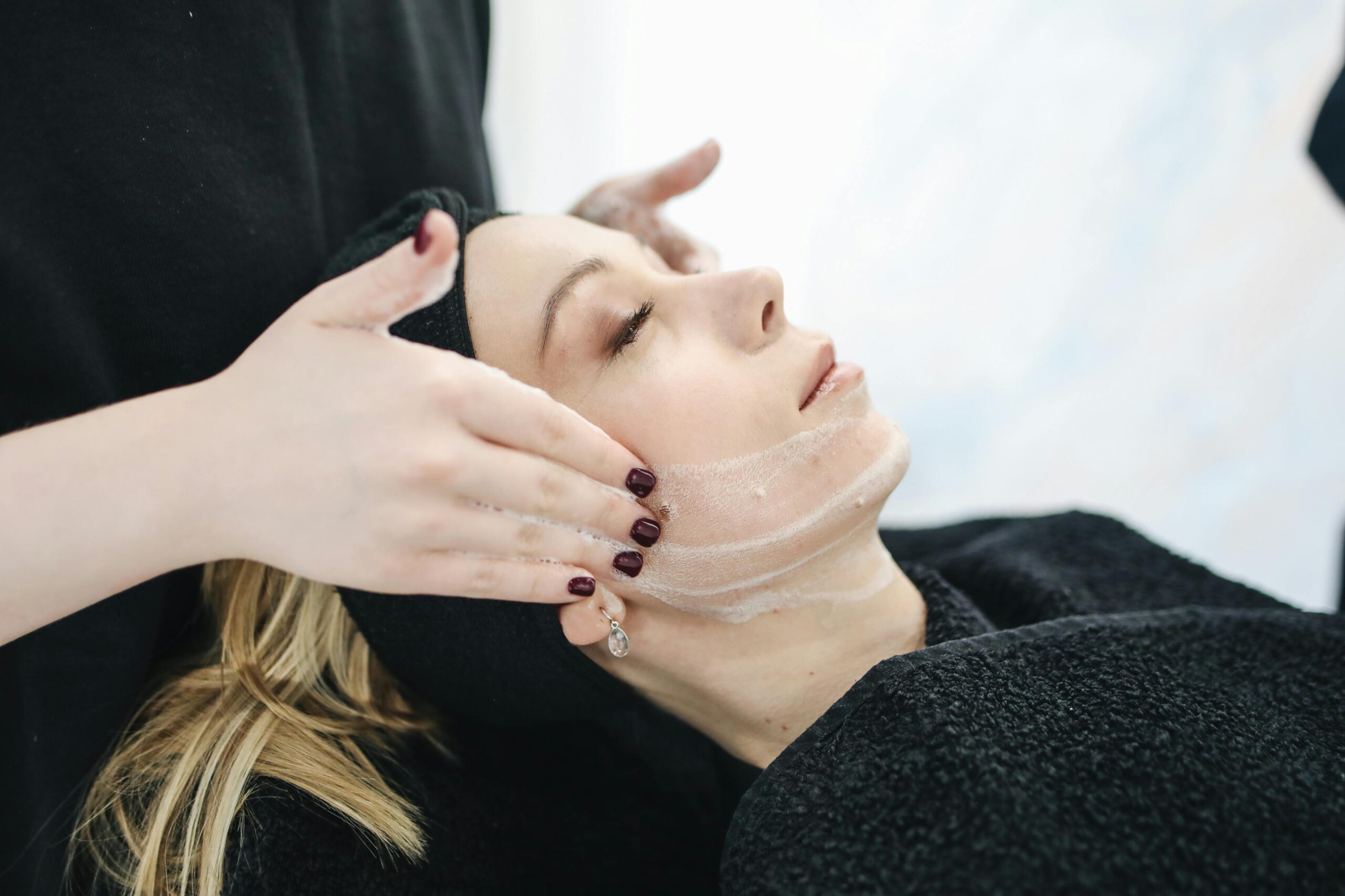Facial serums are concentrated skincare products designed to target specific skin concerns, from fine lines to pigmentation. Unlike regular moisturizers, serums have a higher concentration of active ingredients and are lightweight, allowing them to penetrate deeply into the skin. Using serums can help address skin issues more effectively, making them a staple in many skincare routines.
1. Deep Hydration for Radiant Skin
Serums provide a much-needed boost of hydration to your skin. With their high concentration of active ingredients like hyaluronic acid, facial serums are excellent for retaining moisture. They penetrate deeper than moisturizers, making sure that your skin stays hydrated for longer periods, resulting in a healthy and radiant glow.
2. Targeting Specific Skin Concerns
Facial serums are designed to target particular skin problems such as acne, wrinkles, and dark spots. Their lightweight texture allows them to deliver active ingredients straight to the skin’s deeper layers, where they can work their magic. For example, vitamin C serums can help brighten dark spots, while retinol serums can smooth wrinkles and fine lines.
3. Faster Results
Because of their high concentration of active ingredients, facial serums tend to produce faster results compared to traditional skincare products. They are formulated to address specific issues effectively, and their lightweight nature allows for quicker absorption, providing visible improvements in less time.
4. Non-Greasy, Lightweight Formula
Serums are often preferred for their non-greasy, lightweight formula. Unlike heavy creams that can leave your skin feeling weighed down, serums are designed to absorb quickly, leaving no residue behind. This makes them perfect for all skin types, including oily and combination skin, as they provide effective treatment without causing breakouts.
5. Improved Skin Texture and Tone
Regular use of facial serums can help improve your skin’s texture and tone. Ingredients like peptides and vitamin C can stimulate collagen production, leading to smoother and firmer skin. Additionally, serums can address issues such as uneven skin tone and redness, giving you a more balanced complexion over time.
6. Protection Against Environmental Damage
Facial serums can also help protect your skin from environmental damage. Many serums contain antioxidants like vitamin E, which help neutralize free radicals that can damage skin cells. This protection helps reduce the visible effects of sun exposure, pollution, and other environmental stressors, keeping your skin healthier in the long term.
7. Lightweight and Easily Layered
One of the major advantages of serums is their versatility in layering. Due to their lightweight consistency, they can be easily incorporated into any skincare routine. Serums can be layered with other products such as moisturizers and sunscreens without feeling heavy or greasy, making them ideal for multi-step skincare routines.
Conclusion
Facial serums are an essential part of any skincare routine, offering targeted treatments that effectively address specific skin concerns. Their concentrated formulas, fast absorption, and ability to provide visible results make them a must-have for anyone looking to improve their skin’s health and appearance. With regular use, facial serums can help hydrate, brighten, and smooth the skin, leading to a more radiant and youthful complexion.
Frequently Asked Questions (FAQs)
1. What is the best time to apply facial serum?
Facial serums should be applied after cleansing and toning, but before moisturizing. They work best when applied to slightly damp skin to enhance absorption.
2. Can I use facial serums if I have sensitive skin?
Yes, many facial serums are formulated for sensitive skin. However, it’s important to choose serums with gentle ingredients such as hyaluronic acid or aloe vera, and do a patch test before applying them to your entire face.
3. How often should I use a facial serum?
Most people use facial serums once or twice a day, typically in the morning and evening. However, if you’re using a serum with stronger ingredients like retinol, it’s best to start with a few times a week and gradually increase usage.
4. Can facial serums replace moisturizers?
While facial serums are hydrating, they do not replace moisturizers. A moisturizer helps to lock in hydration, while a serum targets specific concerns. Both products work together for optimal skin health.
5. Are there serums for acne-prone skin?
Yes, there are specific serums formulated for acne-prone skin. These often contain ingredients like salicylic acid, tea tree oil, or niacinamide, which help reduce acne and prevent future breakouts.



